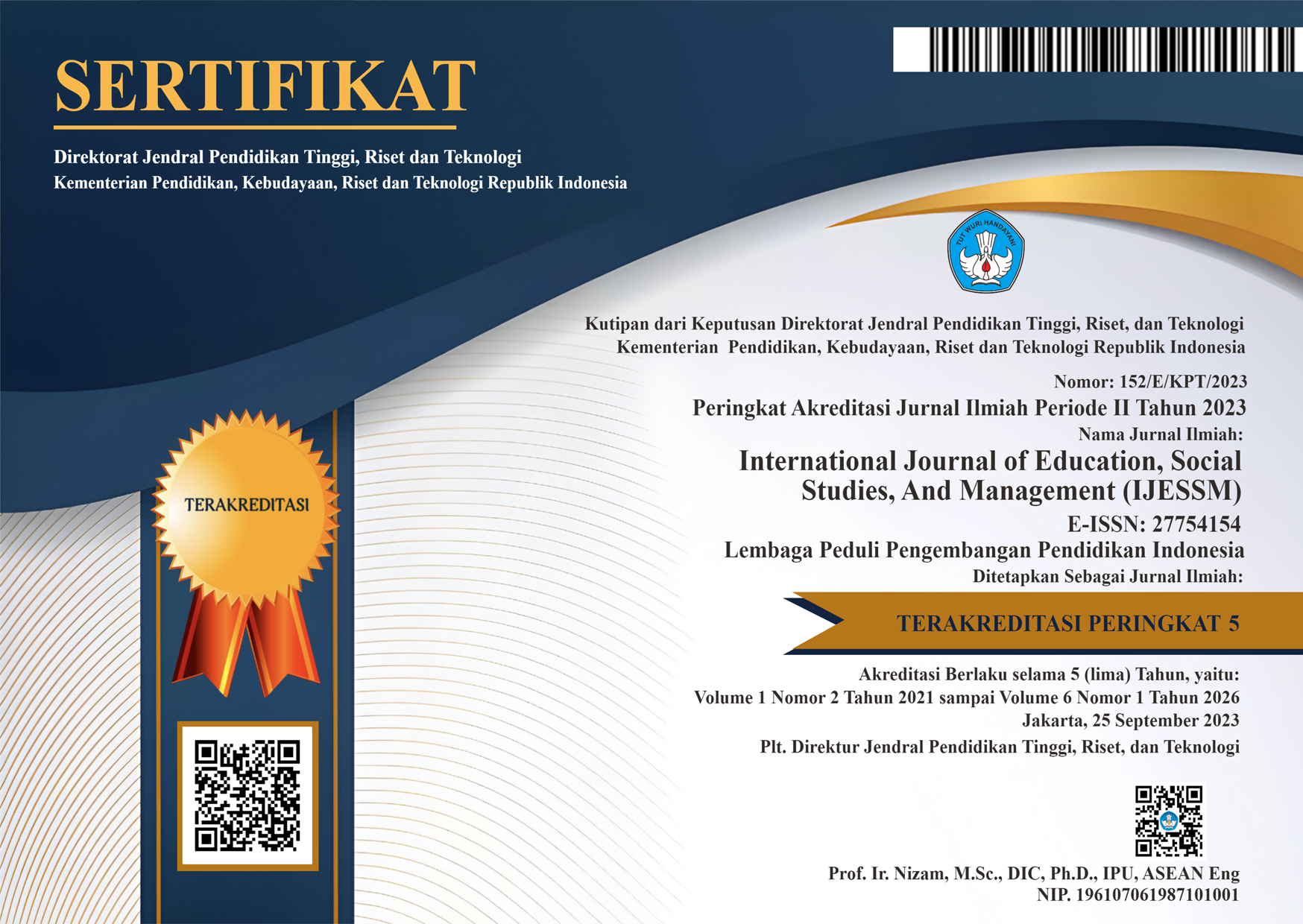The Role of Big Data and Analytics in Managerial Decision Making: a Global Cross Sector Bibliometric Analysis Study
DOI:
https://doi.org/10.52121/ijessm.v5i3.899Keywords:
Big Data, Managerial Decision Making, Bibliometric Digital TransformationAbstract
This study presents a bibliometric analysis of research on the role of Big Data and analytics in managerial decision making across various industrial sectors. Using data retrieved from Google Scholar and CrossRef databases between 2019 and 2025, the study aims to identify research trends, influential authors, institutions, and thematic clusters shaping this emerging field. Bibliometric mapping and visualization techniques were conducted using VOSviewer to uncover the structure of scientific production and collaboration networks. The findings reveal a significant increase in publications after 2019, highlighting the growing relevance of data-driven management and analytics-based decision-making in strategic, operational, and financial contexts. The analysis identified four dominant research clusters: data-driven decision frameworks, predictive analytics and business intelligence, digital transformation and performance optimization, and ethical implications of data usage. Furthermore, keyword evolution indicates a paradigm shift from descriptive analytics toward artificial intelligence, machine learning, and cognitive analytics applications. The study contributes to advancing theoretical and practical understanding of how Big Data and analytics enhance managerial decisions, organizational performance, and competitive advantage in the digital economy.his study conducts a bibliometric analysis to explore the global research landscape on Big Data and analytics in managerial decision-making from 2019 to 2025. Using data extracted from Google Scholar and CrossRef databases, a total of 943 publications were analyzed through VOSviewer and CiteSpace to identify publication trends, influential authors, key journals, and emerging research themes. The analysis reveals three distinct phases of research evolution: the exploratory phase (2019-2020), the consolidation phase (2021-2022), and the expansion phase (2023-2025). The findings indicate a clear transition from technological and operational perspectives toward strategic, ethical, and interdisciplinary applications of Big Data analytics.Network, overlay, and density visualizations demonstrate a robust global research network with increasing collaboration among scholars, institutions, and regions. The most dominant themes identified include “data-driven decision-making,” “organizational performance,” and “digital transformation,” while emerging topics such as “ethical artificial intelligence,” “data governance,” and “sustainability analytics” are gaining prominence. This study highlights how Big Data analytics has evolved into a strategic capability that enhances managerial decision-making, innovation, and resilience in the digital era.The results contribute to the theoretical and practical understanding of analytics-based management and provide valuable insights for future research directions. By mapping research trends and intellectual structures, this bibliometric study serves as a foundation for developing responsible, evidence-based, and sustainable data-driven management practices across industries.
Downloads
Published
How to Cite
Issue
Section
License
Copyright (c) 2025 Kartika, Syamsiah

This work is licensed under a Creative Commons Attribution 4.0 International License.

















